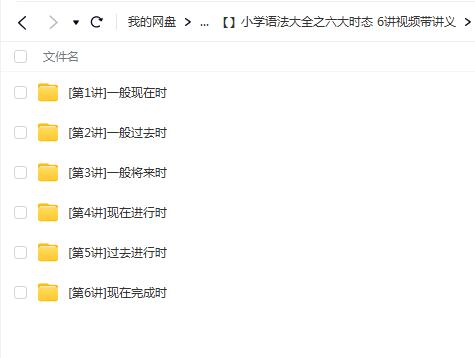初三英语上册【期中考试】前必须掌握的六大时态,抓紧查缺补漏!
发布于 2021-11-05 16:40 ,所属分类:中小学英语考试学习资料

初三英语•上册内容

在初中阶段 学生必须掌握英语六大时态,从语法选择到阅读理解再到写作部分,都会涉及到各种时态的知识点及运用,今天,王老师和大家分享的是初三英语上册【期中考试】前必须掌握的六大时态,抓紧查缺补漏!


新初三英语过渡:历年真题【高频短语】汇总(含例句),抓紧掌握
初三英语Unit 1预习笔记,13个重点短语+35个考点详解,抓紧掌握
初三英语预习复习重点汇总,这6大要点抓紧记,失分率很高!
初三英语写作训练:满分作文必背句型,暑假每天花5分钟背一背
新初三英语过渡:全册【必考语法点】都在这里了,开学领跑众人
初三英语Unit 1预习测试+答案,检测下自己暑假在家自学效果如何
初三英语写作专练:精选30个万能过渡句,让你的作文表达更流畅
初三英语完型填空【核心词汇】整理,赶紧收藏起来,提分必备
 点获取更多初中学习资料
点获取更多初中学习资料































相关资源